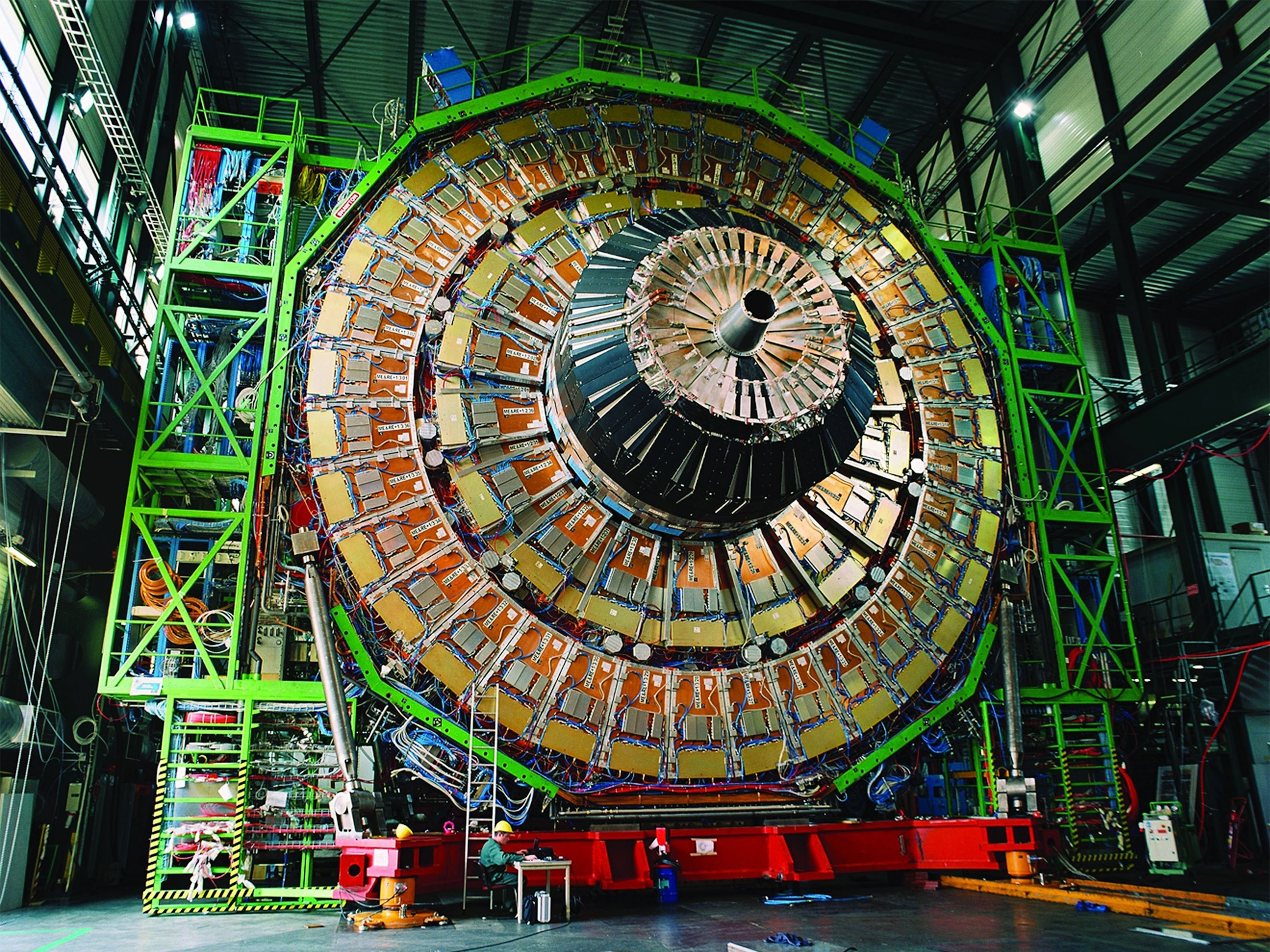
Opinion: Why More Inventions Don't Win Nobel Prizes, and Why That's a Good Thing
Even though Alfred Nobel was an inventor, fundamental discoveries have won more Nobel Prizes. And maybe that's OK, a science journalist argues.
When Alfred Nobel wrote a will leaving his fortune to underwrite annual prizes for intellectual achievement, he specified that one be given "to the person who shall have made the most important discovery or invention within the field of physics."
To the credit of the judges, they didn't take his instructions too literally. Nobel accolades are best heaped upon fundamental insights. Practical inventions get other rewards.
Usually the theoretical does win out. This year's physics winner was an exception—blue LEDs, or light-emitting diodes, hailed in a news release from the Nobel Foundation as "a new energy-efficient and environment-friendly light source."
Perhaps they were making up for awarding last year's prize to the Higgs boson. That discovery will never illuminate most people's lives, but it provided the capstone for one of science's most towering achievements: the Standard Model, which goes a long way toward showing how matter and energy conspire to form the universe. (See "Nobel Prize Goes to Inventors of Blue LED: Why It Was Revolutionary.")
It's fitting that Thomas Edison was never recognized for the lightbulb, or Alexander Graham Bell for the telephone. Instead the judges gave physics prizes to J. J. Thomson and Robert Millikan for discovering the electron—the juice not just for Edison's lights and Bell's telephones but also for an entire communications and computation industry. (See "Why Didn't They Win? 10 Huge Discoveries Without a Nobel.")
Traditionally the category called "physiology or medicine" has recognized work of more obvious benefit—penicillin, streptomycin, insulin, and more recently, discoveries elucidating the roles of the viruses HIV in AIDS and HPV in cervical cancer. But awards for theoretical insights—the double helix and cancer—causing genes (oncogenes)-have had even greater impacts on understanding the functions and malfunctions of life.
This year's award—for uncovering circuitry used by the brain for navigation—won't save lives or quell epidemics. But it stands as a particularly impressive step toward a goal with no end in sight: understanding the mind. (See "Nobel Prize a Reminder of How the Brain Can Surprise Us.")
When inventions, pure and simple, have been bestowed with the prize—the cyclotron, the bubble chamber, the digital light sensors called CCDs (for charge-coupled devices)—the honor has almost always been not for the thing itself but for the new realms of discovery it opened up. The world could get along well without camera cell phones. What's exciting about CCDs, whose inventors won the 2009 physics prize, is their use in the Hubble Space Telescope and the Sloan Digital Sky Survey.
So it was with this year's Nobel Prize in chemistry—for a technology called super-resolved fluorescence microscopy, which allows scientists to study living cells at a level of detail once thought impossible.
Practical spin-offs are often unforeseen. When Heike Onnes was recognized back in 1913 "for his investigations on the properties of matter at low temperatures," the judges seemed most impressed that the work led to the making of liquid helium.
But Onnes had also discovered superconductivity. That in itself was a triumph, and it led to the development of the powerful electromagnets used both in MRI scanning and the Large Hadron Collider, the gargantuan instrument in which the Higgs boson was pinned down.
That celebrated find may never have practical applications. Nor probably will the Nobel Prize-winning observation that the universe is expanding at an accelerated pace. Yet no one asks that of the literature prizes—and science is the most exalted art of all.
George Johnson is a freelance science writer and the author of The Ten Most Beautiful Experiments and other books.